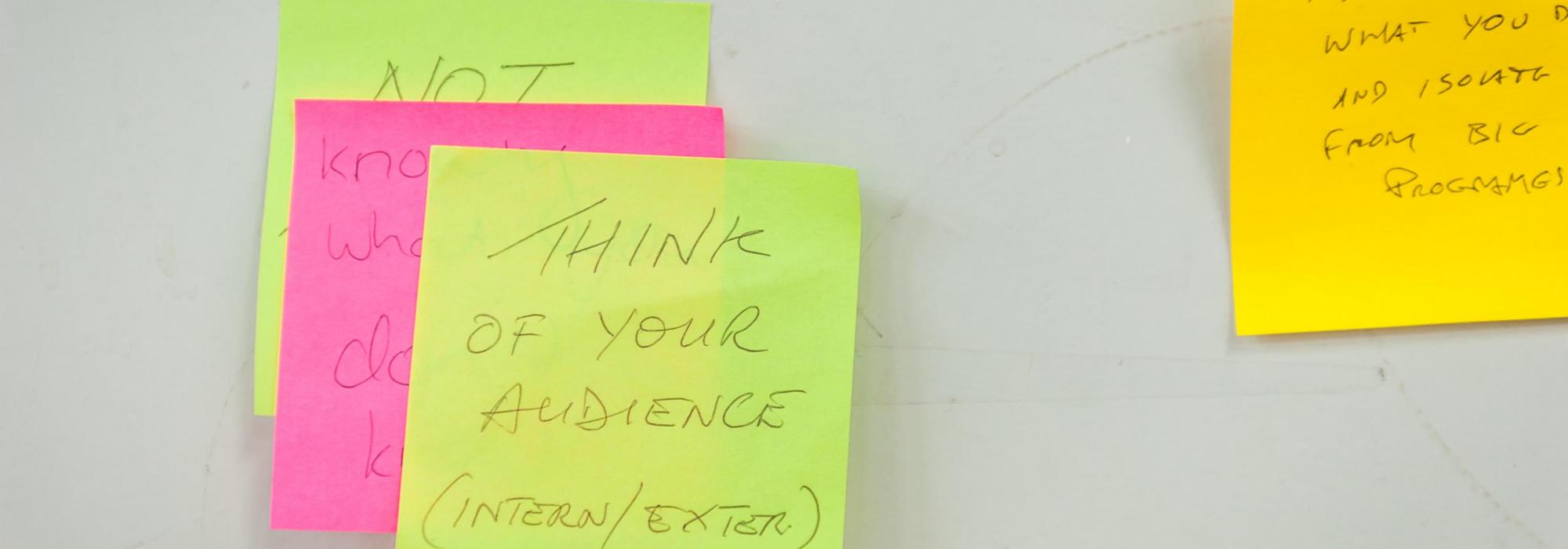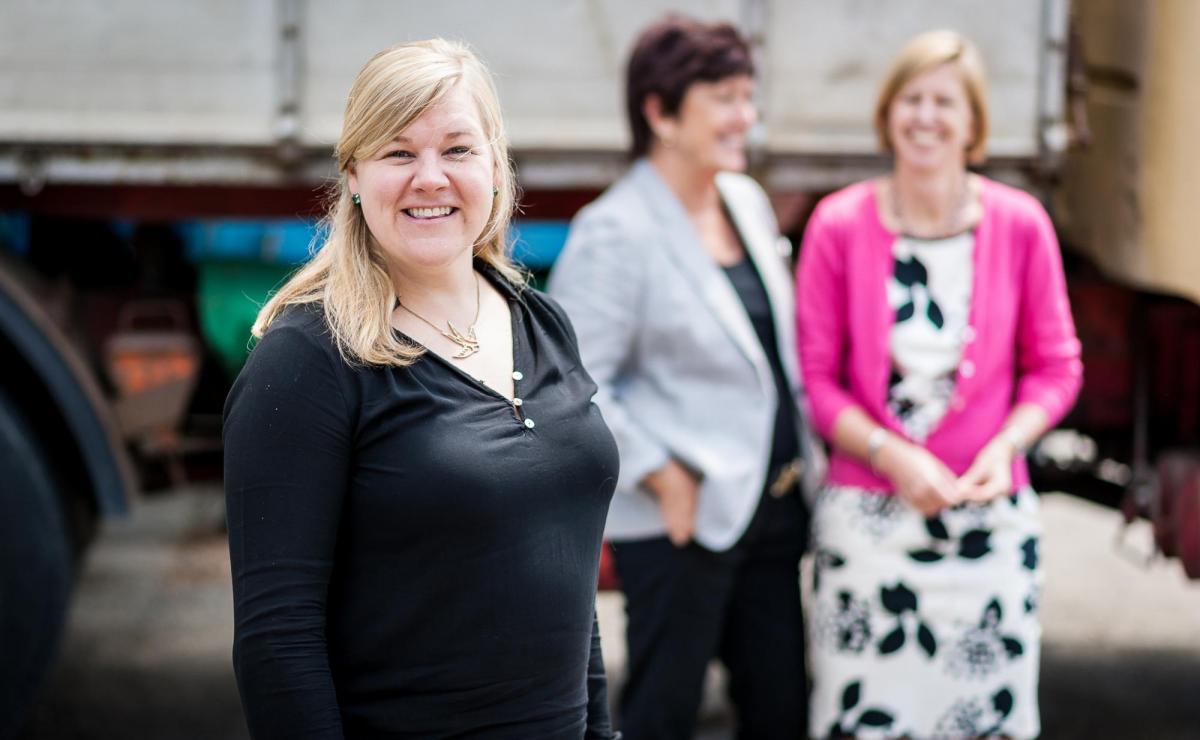In June, the Innovation Accelerator welcomed 10 teams from across WFP's global operation for an intensive 10 day boot camp.
Transformers, led by Diana Carter from the WFP East Africa Regional Bureau in Nairobi, was one of the standout projects to participate.
The project is turning food destined for landfills into nutritious school meals for thousands of children in Kenya, where diversified school meal diets are often very expensive. At the same time, some 25 percent of all export produce are wasted for purely cosmetic reasons. Transformers saw an opportunity to transform the rejected food into cost-effective, nutritious meals for school children.
The Accelerator's team of experts, along with external partners, worked with the team from Kenya on understanding the heart of the problem; how can we make sure no good food goes to waste.




